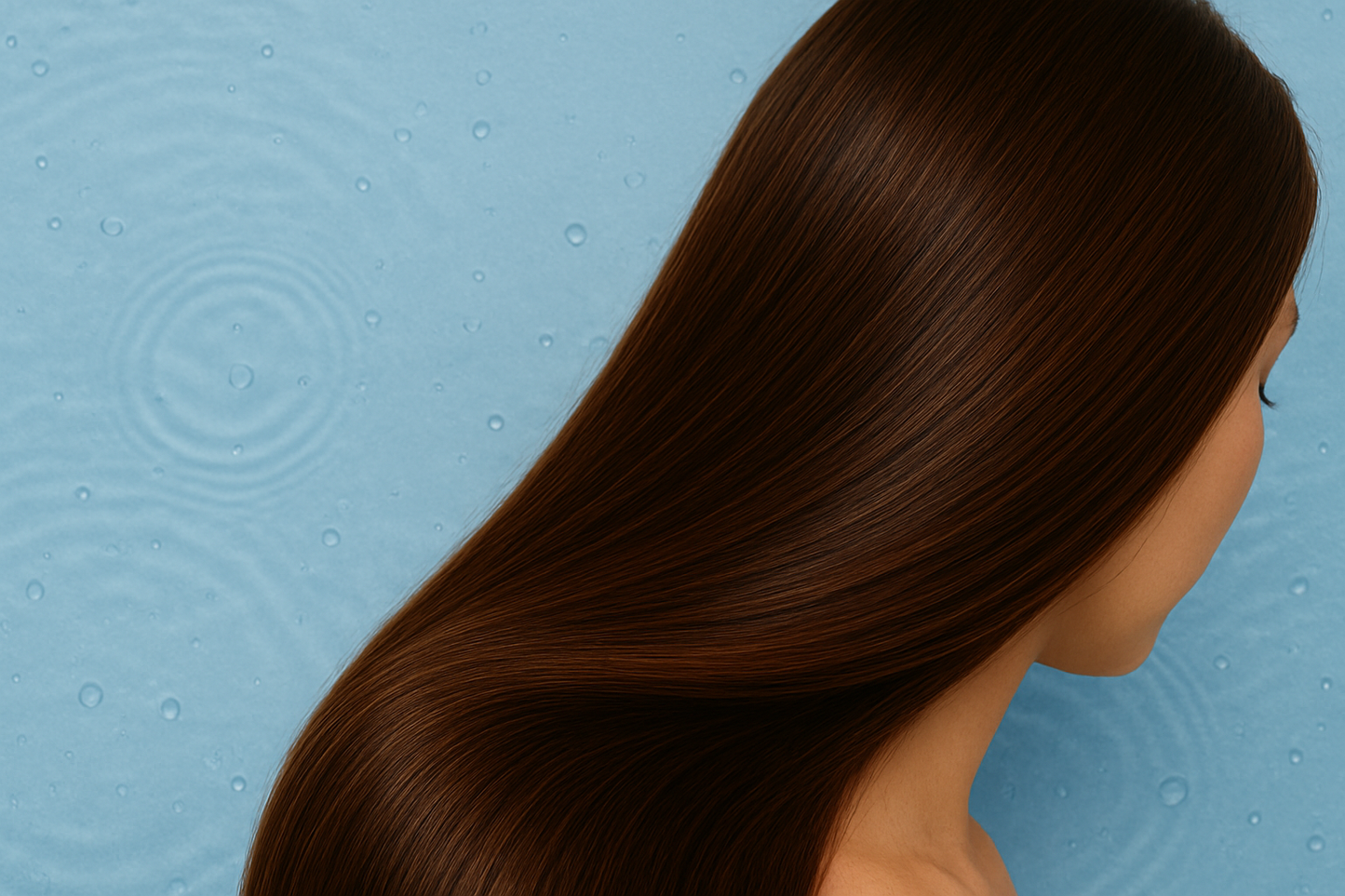Dehydrated hair isn’t just a cosmetic issue—it’s a sign that your strands are lacking the moisture they need to stay healthy and resilient. Recognizing the symptoms early can help you take action before damage sets in. Here are the most common signs your hair might be craving hydration:
1. Brittleness and Breakage:
When hair lacks moisture, it becomes more prone to snapping and splitting. You might notice broken strands on your pillow, in your brush, or on your clothes. Dry hair loses flexibility, making it more likely to break under stress from brushing or styling.
2. Dull, Lackluster Appearance:
Hydrated hair typically reflects light and has a natural shine. Dehydrated hair, on the other hand, often looks dull and lifeless. If your strands seem flat or faded despite regular washing, it could be a sign that your hair’s moisture levels are out of balance.
3. Frizz and Unruly Strands:
While frizz can result from humidity, it can also indicate dehydration. Dry hair fibers tend to absorb moisture from the air, causing the hair shaft to swell and become frizzy. If your hair feels rough or hard to manage, it’s likely in need of moisture.
4. Coarse Texture and Rough Ends:
Healthy, hydrated hair feels smooth to the touch. When hair becomes dehydrated, the cuticle (outer layer) lifts, leaving strands feeling rough and coarse. Split ends may also become more visible, giving hair a frazzled appearance.
5. Increased Tangles and Knots:
Moisturized hair strands glide past each other easily. Dehydrated hair, however, is prone to tangling because the rough cuticle edges catch onto neighboring strands. This can make brushing or detangling more difficult and painful.
6. Loss of Elasticity:
Healthy hair can stretch without breaking. If your hair feels stiff or snaps easily when you pull on a strand, it’s likely lacking moisture. This reduced elasticity makes your hair more prone to damage during styling.
7. Itchy, Flaky Scalp:
Your scalp can also suffer from dehydration, especially if you regularly use harsh shampoos or heat styling tools. An itchy or flaky scalp can be a sign that your skin’s natural moisture barrier has been compromised.














